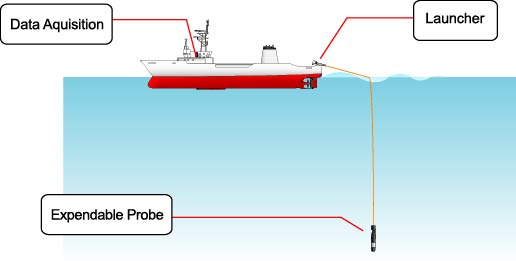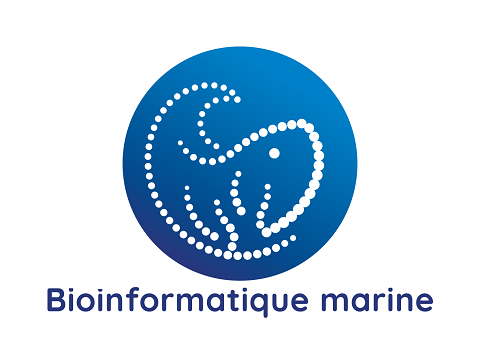IRD
Type of resources
Available actions
Topics
Keywords
Contact for the resource
Provided by
Years
Representation types
-

The indiSeaS project is co-funded by the Intergovernmental Oceanographic Commission (IOC), the European Network of Excellence Euroceans, “'Institut de recherche pour le développement (IRD)” and the European project on Marine Ecosystem Evolution in a Changing Environment (MEECE). It is a multi-institutes collaborative effort. Scientific experts on ecosystems all over world calculate indicators and provide background information. The IndiSeas project aims at "Evaluating the status of marine ecosystems in a changing world”, using a set of different types of indicators to reflect the effects of multiple drivers on the states and trends of marine exploited ecosystems. It focuses on the effects of fishing, use of ecology, biodiversity, as well as climate and socio-economic indicators on world's marine ecosystems health. The objectives are to review IndiSeas datasets, present preliminary results to regional experts, discuss methods to be developed in each of the six task groups, establish work and publication plans for the future. Expertise from over 70 scientists, 49 research institutes and 36 countries.
-

X : eXpendable; B : Bathy; T: Thermograph. Thermal profile measurement with real-time transmission
-

Dart Seq data gathered on Blue Shark in the framework of the PSTBS-IO project supported by funding from FAO, CSIRO Oceans and Atmosphere, AZTI Tecnalia, Institut de recherche pour le développement (IRD), and Research Institute for Tuna Fisheries (RITF) and financial assistance of the European Union (GCP/INT/233/EC – Population structure of IOTC species in the Indian Ocean), and POPSIZE project supported by FEAMP (2014-2020 UE N°508/2014), and Institut français de recherche pour l'Exploitation de la mer (Ifremer).
-

This dataset contains libraries of 3 coral species: Acropora hyacinthus, Porites lobata and Poscillopora acuta. In three islands with contrasting thermal regimes, the three species were sampled and brought back to the laboratory to induce an experimental thermal stress. The different colonies were split into two conditions. One part was placed in tanks filled with seawater at a given control temperature, the other part in tanks where the water temperature was increased. The samples in this dataset correspond to part of the control condition samples from French Polynesia and New Caledonia.
 Catalogue PIGMA
Catalogue PIGMA